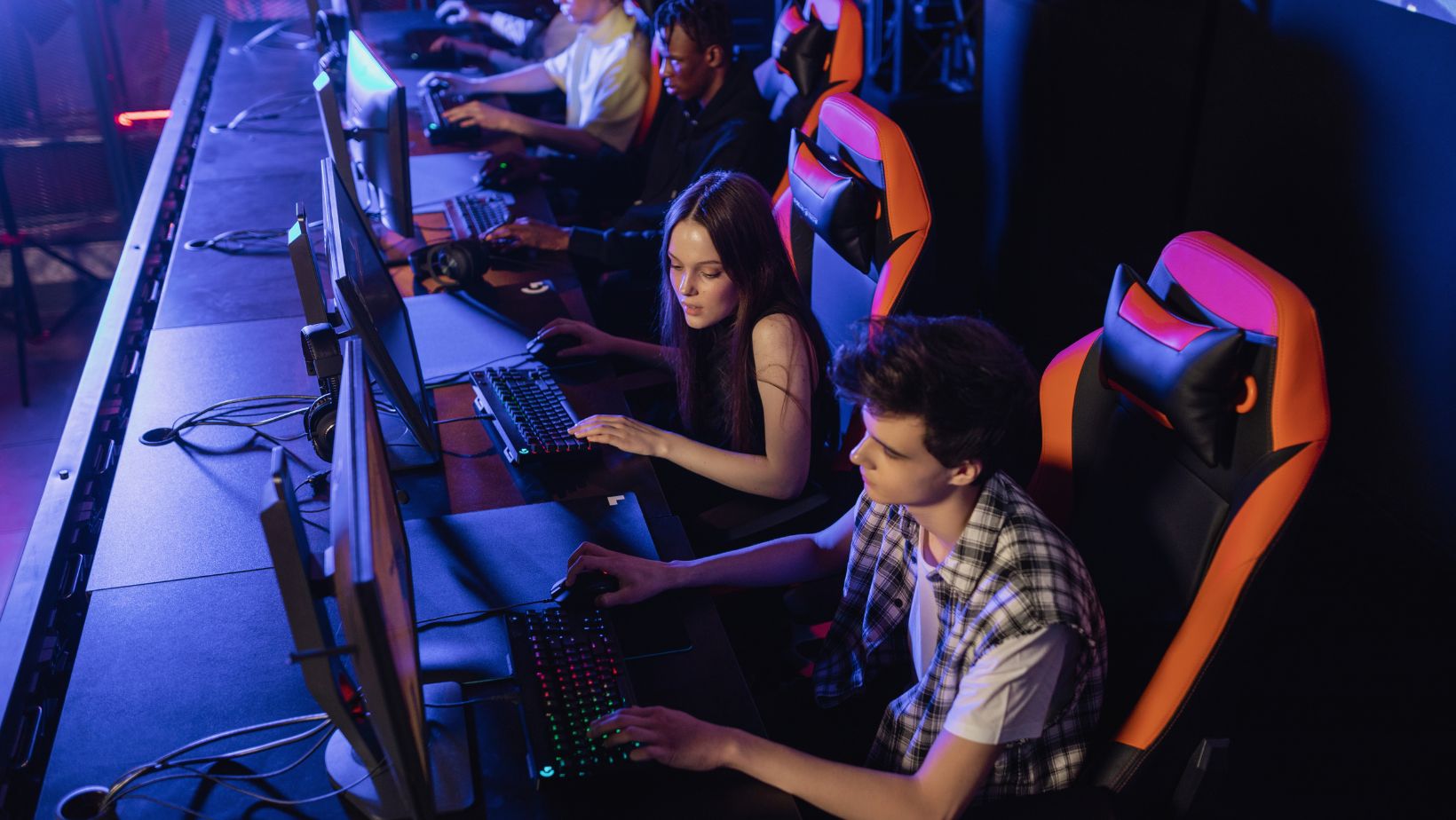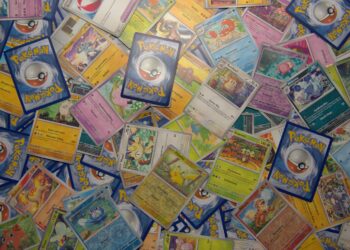Gamers love choice. Do you storm the castle head-on or sneak in through the shadows? Do you save the village or chase after glory? But perhaps the most underrated choice in gaming isn’t about combat or morality—it’s about who you fall in love with. Romance options have quietly become one of the biggest reasons players keep returning to their favorite titles, transforming simple campaigns into deeply personal journeys.
Love Makes Every Playthrough Different
When you think of replay value, you might picture harder difficulty modes, hidden levels, or alternate endings. But romance introduces a more subtle, yet powerful motivator: emotional investment. Choosing one romantic path over another fundamentally changes how you experience a game.
Consider classics like Dragon Age: Origins or Mass Effect. Playing as a different class or making different moral choices is rewarding, sure—but it’s romancing different companions that makes your second, third, or even fifth run feel fresh. The banter, the chemistry, the conflicts—all of it shifts depending on who you pursue. It’s no wonder fans call these series some of the best games with romance options, because each romance essentially becomes its own storyline.
Emotional Stakes Beyond the Battlefield
Romance adds something that loot and experience points never could: heart. When you’ve romanced a character, every battle feels more urgent. Suddenly, you’re not just fighting for the fate of the world—you’re fighting for the person you care about within it.
Games like The Witcher 3: Wild Hunt showcase this brilliantly. Choosing between Yennefer and Triss isn’t just about preference—it’s about shaping Geralt’s identity and the emotional weight of his story. Similarly, in Fire Emblem: Three Houses, nurturing relationships with students and allies directly impacts your battlefield strategies. That tension—both tactical and emotional—keeps players glued to their screens and eager to revisit the game with different choices.
The Social Factor: Sharing Love Stories
Another layer to romance-driven replayability is the community aspect. Forums and fan groups buzz with players sharing their favorite love stories, debating which characters are “canon,” and laughing over awkward first-date dialogue options.

This culture encourages multiple playthroughs just to see what others are talking about. Maybe you romanced Garrus in Mass Effect the first time, but after hearing players gush about Liara, you’re tempted to dive back in. That social pull—fueled by curiosity and a touch of FOMO—creates an endless loop of replay value.
Romance as Storytelling Evolution
Romance in games isn’t just about fan service—it’s proof of how interactive storytelling has matured. Unlike films or books, games let you actively choose who to love, making the narrative personal in a way no other medium can replicate. It’s not just watching a romance unfold; it’s living one, shaped by your actions and decisions.
Developers are pushing this even further, with AI-driven dialogue and branching storylines that make relationships feel more organic. Soon, replaying for romance won’t just mean different cutscenes—it will mean experiencing entirely different character arcs, worlds, and consequences.
Conclusion: Love Is the Ultimate Replay Button
Romance gives games a unique kind of staying power. It’s not just about mastering combat systems or collecting loot; it’s about the thrill of discovering new relationships, making different choices, and seeing how love changes the story. For many gamers, replaying isn’t about efficiency—it’s about connection. And that’s why romance remains one of the most powerful hooks in gaming today. To explore titles where courtship meets combat and love fuels longevity, you’ll find plenty through Eneba digital marketplace.















